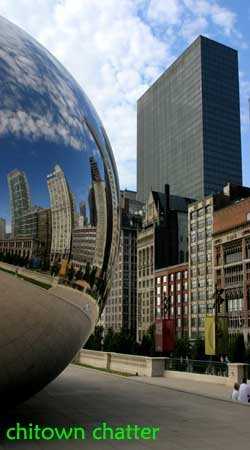It's Passover, and though I'd always meant to check out Cornell's "Super Seder," I never quite got around to it. No matter, this year, we badgered our Jew-in-residence (Nate) to hold a Seder. He hadn't been really planning to celebrate, but armed with knowledge from Wikipedia, we successfully convinced him that he should host a Seder with a bunch of Gentiles. Besides, my undying love for Yonah Schimmel's and the rest of the Lower East Side should be plentiful proof of my faith in Jewish culture.
About half of us were non-Jewish, and this was the first Seder any of us had attended. Basically, a Seder dinner recounts the exodus of the Jews from Egypt, from their enslavement while building the pyramids, to the ten plagues that God rained down upon the Egyptian slavers, to the hasty departure of the Jews as they commenced wandering the desert. Grasping a Xeroxed-copy of the Haggadah, we each took turns reading as the Leader, and all joined in on Group parts. It was a great opportunity for me to practice my dramatic reading skills.
Like the Bible, the language in the text is beautiful. Actually, I've always been a fan of ancient religious texts, mostly for their obfuscating word choice and archaic grammar. In all seriousness though, biblical passages do have an eloquence to them that is rare in modern writing, and the words can sing off the page. In fact, sometimes they literally do.
This is the bread of affliction that our fathers ate in the land of Egypt. Whoever is hungry, let him come and eat; whoever is in need, let him come and conduct the Seder of Passover. This year we are here; next year in the land of Israel. This year we are slaves; next year we will be free people.
Ma nishtana? Why is this night different from all other nights? More than the retelling of the Exodus, Passover is a reminder of universal suffering, a plea not to forget the past injustices of history, and a message to strive for the betterment of humanity. Holiday foods usually bring to mind goodies like pumpkin pie or egg nog, but on this night, we ate in remembrance of pain and suffering. Unleavened matzah, because the Jews left so quickly their bread had no time to rise, maror (horseradish), or bitter herbs to symbolize the bitterness of slavery, charoset (a diced apple, nut and wine mixture) to represent the mortar used by Jews to construct Egyptian buildings, karpas (parsley) dipped in salt water to mirror tears.
This is not to say that the food was all terrible. The actual dinner was blessedly free of nasal-passage clearing horseradish, with matzah ball soup, couscous, eggplant parmesan and roasted chicken. Plus, the Haggadah does include instructions to drink at least four glasses of wine, and your bill for the night could be even higher if you drank more during dinner. By the fourth "official" glass of wine, we were racing to see who could chug theirs the fastest. I'm sure the prophet Elijah approved when he came to visit.
At the conclusion of Seder, we sang a few Passover songs, most notably, Chad Gadya, or "One Kid Goat." The song is structurally similar to "There was an Old Lady Who Swallowed a Fly," in that each stanza builds upon the previous one. I can only remember the last line, which was "which my father bought for two zuzim." More difficult was the constraint that each stanza must be sung in one breath. By the time verse 10 rolled around, let's just say I wished I'd been a trumpet player.
L'shana ha'ba'ah b'yerushalayim! Next year in Jerusalem!
Subscribe to:
Post Comments (Atom)




No comments:
Post a Comment